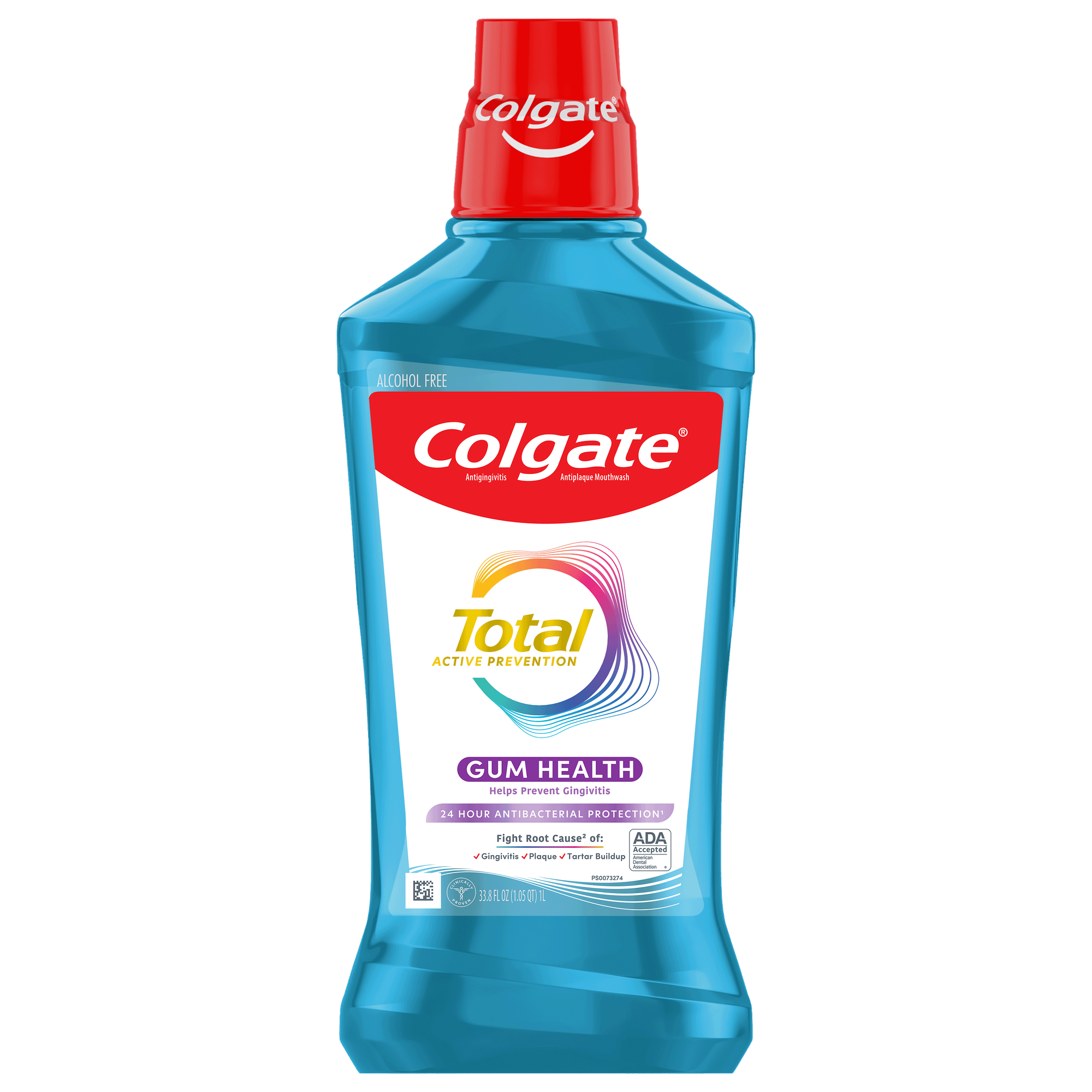Learn all you need to know about how to prepare for braces, including what the procedure entails and how your orthodontist will clean your teeth before your child gets braces.
Understanding Braces
Before you start the process, understanding what braces are made of and how they'll affect teeth is crucial.
Braces consist of the following parts:
- Brackets that are attached to the teeth and have slots on each side
- Wires that are threaded through the slots in the brackets
- Tiny rubber bands that hold the wires to the brackets
Some people may even need to have metal bands encircling their back teeth.
Have fun with it! There are ways to customize your braces so that they reflect your unique style and personality.
The Process
Your orthodontist will create an impression of the teeth and soft tissue to make the braces. An impression is essentially a cast of your teeth that helps orthodontists study the relationship between the teeth and jaw.
Your child will need to adequately clean their teeth before getting braces so that they properly attach to the teeth, so be sure to visit a dental professional before the big day. And of course, they'll need to brush and floss before the appointment. Otherwise, your orthodontist will have to clean their teeth with a polishing paste before affixing the braces.
The actual procedure should take about 90-120 minutes. A retractor will be placed in the mouth to keep it as dry as possible while the brackets will be placed on each tooth with a special adhesive. After all the brackets are on, the wire will be threaded through them. The wire will most likely be held to the tooth with the help of tiny rubber bands.
Expect Some Discomfort
After the procedure, the teeth might feel a little sensitive. This is entirely normal. New braces may even cause sores in the mouth. At first, it's best to only eat soft foods like pudding, applesauce, bananas, mashed potatoes, etc. You can take over-the-counter pain medications if needed.
However, if your child experiences high levels of discomfort and the pain won't subside even after taking OTC pain medication, then you will want to consult with your orthodontist.
Braces and Oral Care
Your orthodontist is the best person to ask all your questions regarding taking care of your braces. Remember to schedule regular checkups so you can keep track of your child's progress. You also need to make sure they're brushing and flossing regularly and even using an oral irrigator to get rid of any food particles that get caught in the braces. It's also best to avoid sticky foods.
Getting braces is undoubtedly nerve-wracking, but taking the necessary steps to prep for it should help you feel more confident and comfortable during the procedure. Next stop: A perfect smile!
Oral Care Center articles are reviewed by an oral health medical professional. This information is for educational purposes only. This content is not intended to be a substitute for professional medical advice, diagnosis or treatment. Always seek the advice of your dentist, physician or other qualified healthcare provider.
ORAL HEALTH QUIZ
What's behind your smile?
Take our Oral Health assessment to get the most from your oral care routine
ORAL HEALTH QUIZ
What's behind your smile?
Take our Oral Health assessment to get the most from your oral care routine















